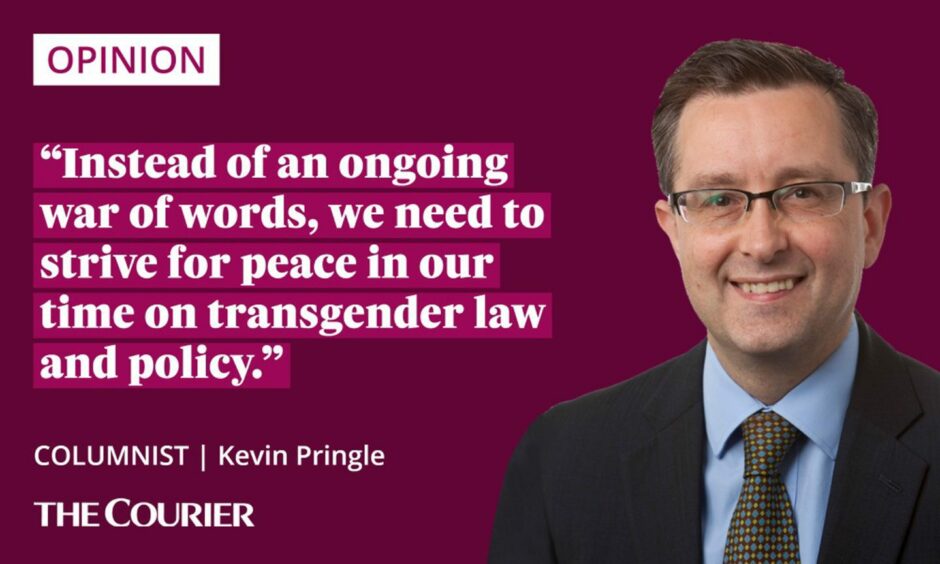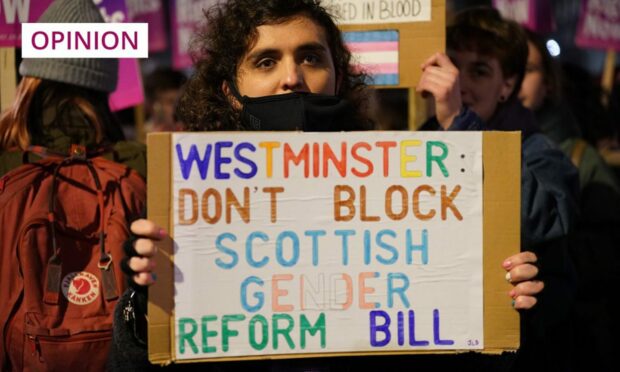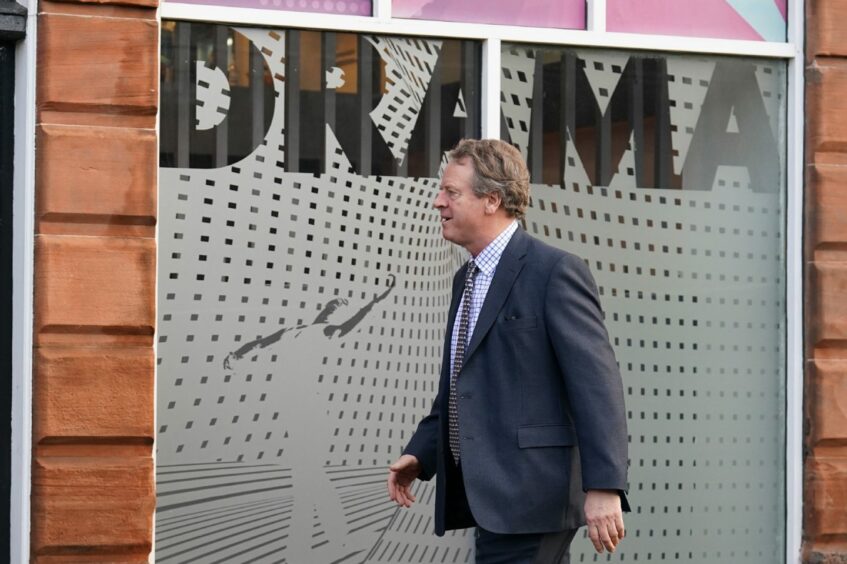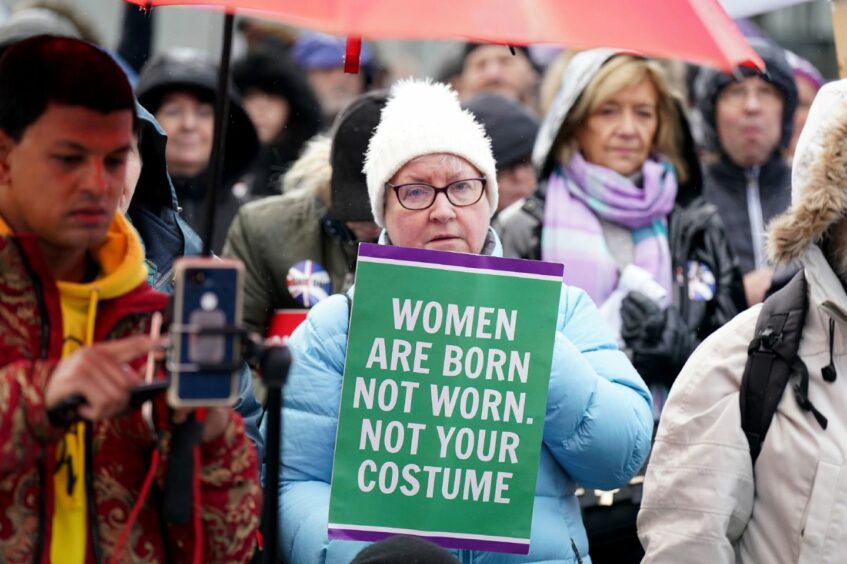It was supposed to be over by Christmas, but the ongoing row over transgender issues is dominating Scottish politics in 2023.
It is bitter, angry and unproductive.
Years of debating and months of legislating have taken us precisely nowhere, which is in the interests of no one, trans people included.
I’m not certain if the trans lobby led politicians up the garden path or vice versa – perhaps a bit of both – but an awful lot of time and effort has been wasted that could have been more usefully applied elsewhere.
However, we can as a nation – both in the Scottish Parliament and our wider public discourse – decide in which direction we want to go from this point on.
I vote for compromise and seeking reconciliation.

In terms of the Gender Recognition Reform Bill – approved by MSPs across the parties at Holyrood, but kiboshed by the Scottish Secretary Alister Jack because of its claimed impact on reserved law at Westminster – I’d back a new approach based on constructive engagement.
The alternative is squabbling and marking time until the saga ends up in court.
Scottish Government can make first move on gender reform
Yes, Scottish ministers have the right to legally challenge Westminster’s veto of the bill, if they believe there is a strong chance of overturning it.
But even that doesn’t preclude putting Mr Jack and his UK government colleagues on the spot, by being prepared to negotiate with them about trans law and thus establish what a reformed reform bill might look like.
While gender self-identification for trans people has dominated the debate, there are less contentious aspects of the legislation to simplify and shorten the process of acquiring a Gender Recognition Certificate.
These include applications being made to the Registrar General for Scotland, instead of a UK tribunal.
It would be a politically difficult step to take, but the Scottish Government would gain public approval by making the first move towards talks.
The first minister should also seek dialogue with the Labour leader, Keir Starmer, who may well be prime minister next year, to discover what (if anything) the UK Labour position is on these matters.
In any event, there is a political upside in a pro-independence Scottish government being upfront about the limitations of devolution, instead of hoping that judges will strike these constraints down.
Peace talks in everyone’s best interests
This subject presents many Scottish nationalists with a dilemma.
I believe in the cause of Scotland’s parliament being able to act in areas under its control.
But I also think that the case of the trans bill is flawed, fundamentally because of the system of gender self-ID it would usher in and the implications of this for public policy.
I don’t, for example, hold with the blanket assertion that transwomen are women, which reflects ideology rather than biology.
It is inescapable that this doctrine played a role in Isla Bryson (formerly Adam Graham), who was convicted of two rapes before identifying as a woman, initially being remanded to Cornton Vale women’s prison.
That should never have happened.
I would say that transwomen are transwomen, and as such have an equal right to a good life and the support of society.
Nicola Sturgeon was absolutely right to stress that the overwhelming majority of trans people – as for the rest of the population – are decent, law-abiding citizens.
I don’t know if I’m on the right or wrong side of history in the trans debate.
I’m sceptical if there is such a fixity regarding gender self-ID.
We may find out one day.
In the meantime, instead of an ongoing war of words, we need to strive for peace in our time on transgender law and policy.















Conversation